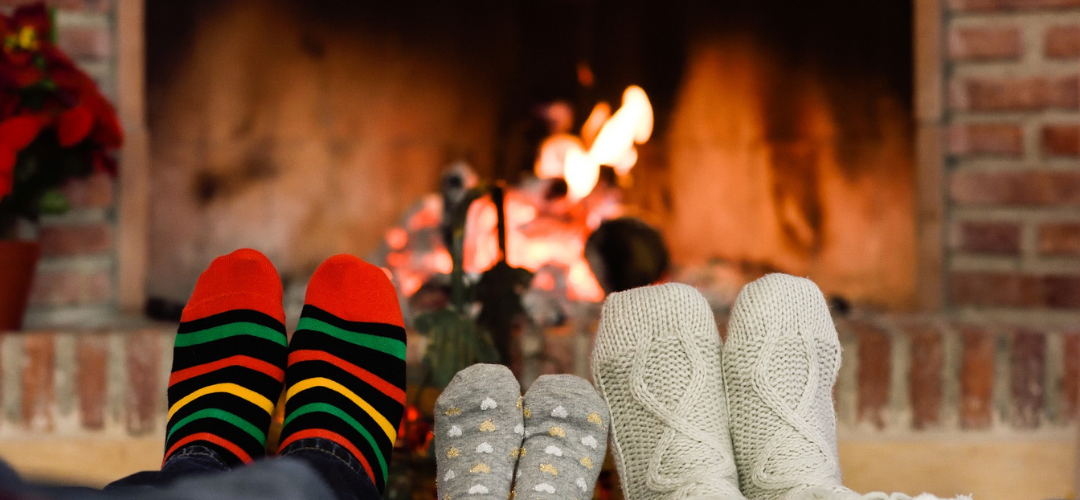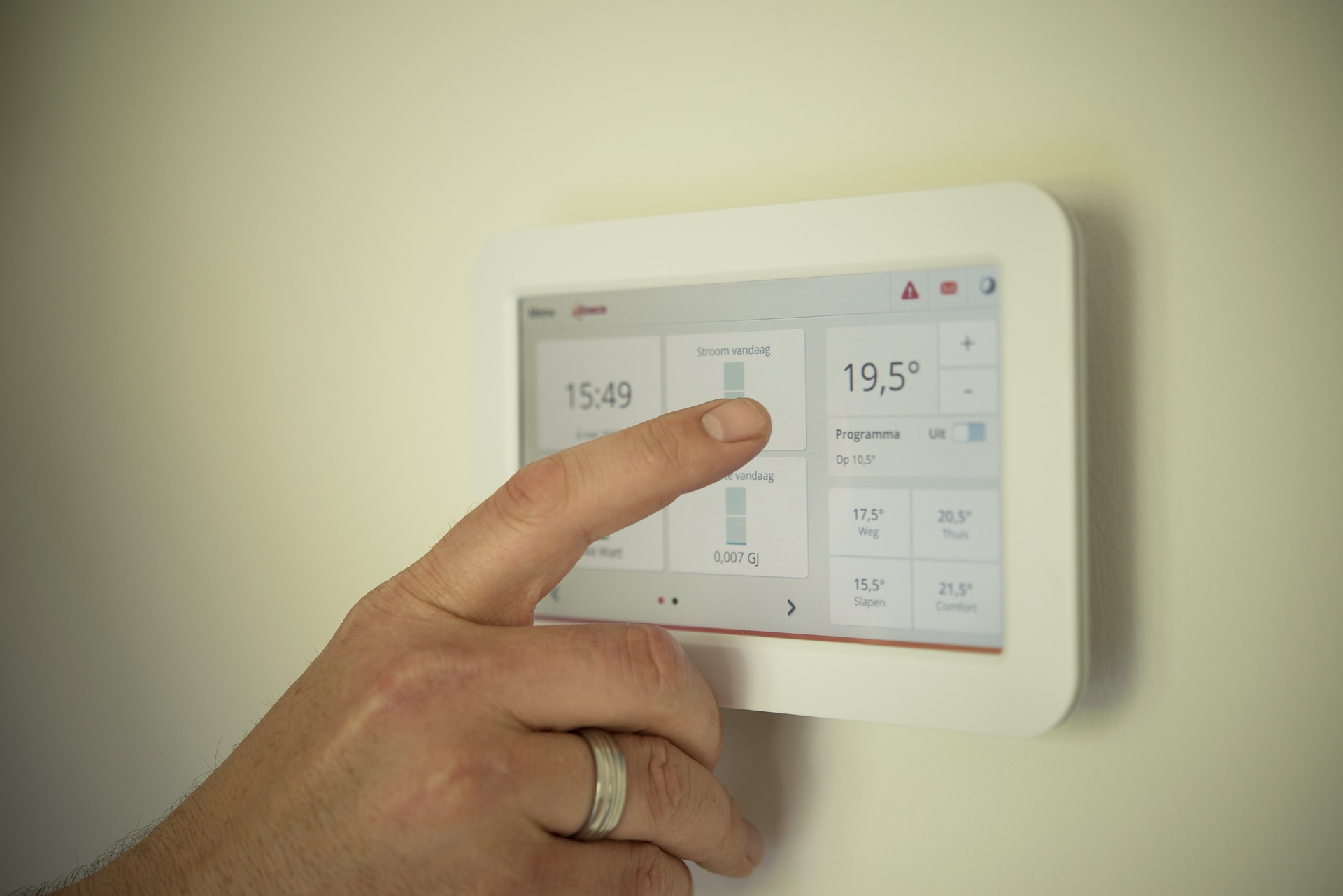Thinking about buying an air conditioner? It’s a serious purchase for your home that can cost a significant sum upfront and over the course of its lifetime.
This is why it’s so important to make the right choice and avoid the traps that many others fall into. Here are some of the 5 most common mistakes that people make when buying an air conditioner.
Buying the Wrong Type of Air Conditioner
Buying an air conditioner is a long term purchase with ongoing running and maintenance costs. They aren’t the kind of thing that should be purchased on a whim. If you are looking at buying an air conditioner, it is best to do some research to try and figure out which one will be best for your situation.
Ducted air conditioners are efficient and can be designed for your specific premises, but they tend to have the highest upfront costs and require the most significant modifications to your home for installation. Next in line are wall-split systems. These are common for residential purpose, involving an outdoor compressor and an indoor evaporator unit that is hung up high on the wall. Wall-split systems can be used to cool or heat single rooms or larger areas. They are relatively efficient, require only minor modifications to your home and have less significant upfront costs.
From here the options tend to get substantially less efficient. The next most efficient options are window and wall units. These are essentially the same, except window units are installed in the windows, while wall units will need a larger hole cut in the wall. They feature the compressor and evaporator in the same box and can be useful for cooling smaller spaces. They tend to have a lower purchase price than the previously mentioned air conditioners, but they are less energy efficient.
Portable air conditioners are the final option and they are only recommended for occasional use or for cooling very small spaces. This is because they are inefficient and have high running costs. Portable air conditioners are stand alone units that have an exhaust hose that is installed in the window. Their small size and ease of installation makes them a good choice if you move frequently.
Buying the Wrong Sized Air Conditioner
It’s very easy to buy the wrong sized air conditioner. Some people think that a smaller system will be more efficient–after all, smaller things use less energy, right? Others think that a larger air conditioner will be better for cooling.
The reality is that both of these options will be less effective than one that is the right size. This is because small air conditioners will have to go into overdrive just to keep up, while options that are too large won’t have properly timed cycles. This will cause them to go on and off repeatedly, which is less efficient.
Calculating what size you need for your home can be complicated and people often make mistakes that can cost them in the long run. You can use these calculations to get a general idea, but it is best to get a professional to do it. They can take each factor into consideration when calculating which size is best for your home.
Only Considering the Upfront Costs
Cheaper is better, right? Unfortunately, this is not the case with air conditioners. A cheaper option may be good for your wallet now, but when you consider the long term costs of electricity, maintenance and repairs, you might end up much further behind.
It is important to select the air conditioner that suits your situation. Although portable air conditioners and window units might seem like good value because of their lower upfront price, you may find that they will cost you much more in electricity over their lifespan.
Not Looking at the Energy Efficiency Rating
The energy efficiency rating can be helpful when buying an air conditioner. It gives you a quick and visual way to compare two products and see which one is more efficient. It’s important that when you use the system, you make sure that you are only comparing like for like products.
By using the energy star system and looking at the outputs and inputs, you can run calculations to figure out whether a more expensive, yet efficient air conditioner will actually be cheaper in the long run.
Planning to Put Your Air Conditioner in the Wrong Spot
Let’s face it, air conditioners are pretty ugly. Most people try to hide the huge metal boxes away so that they don’t ruin the aesthetics of their home. While this can be fine in many places, you need to be careful about where you put it.
Air conditioners need space and plenty of ventilation to work effectively. If they are cramped in by walls or there is a lot of shrubbery around them, your air conditioner may not be able to function properly. This is because hot or cold air will pool around the unit, making it work even harder to cool down or heat your home. This can send your electricity bills sky high.
Another common placement error is putting an air conditioner in the sun in hot climates, and conversely placing the unit in the shade when heating is commonly required. In both instances, poor placement makes the unit work harder to achieve the desired outcome, and may make the unit more prone to breakdowns. It is best to understand how and when you plan on using the system, as this will impact the placement of the system.
Avoiding the common air conditioner mistakes
There are so many aspects to consider when you buy an air conditioner, that it is easy to overlook something important. By making sure that you purchase the right type of air conditioner in the right size, you have already won half the battle. Thinking about the long term costs, energy efficiency and placement will help to make sure you buy an air conditioner that works well for your home.



